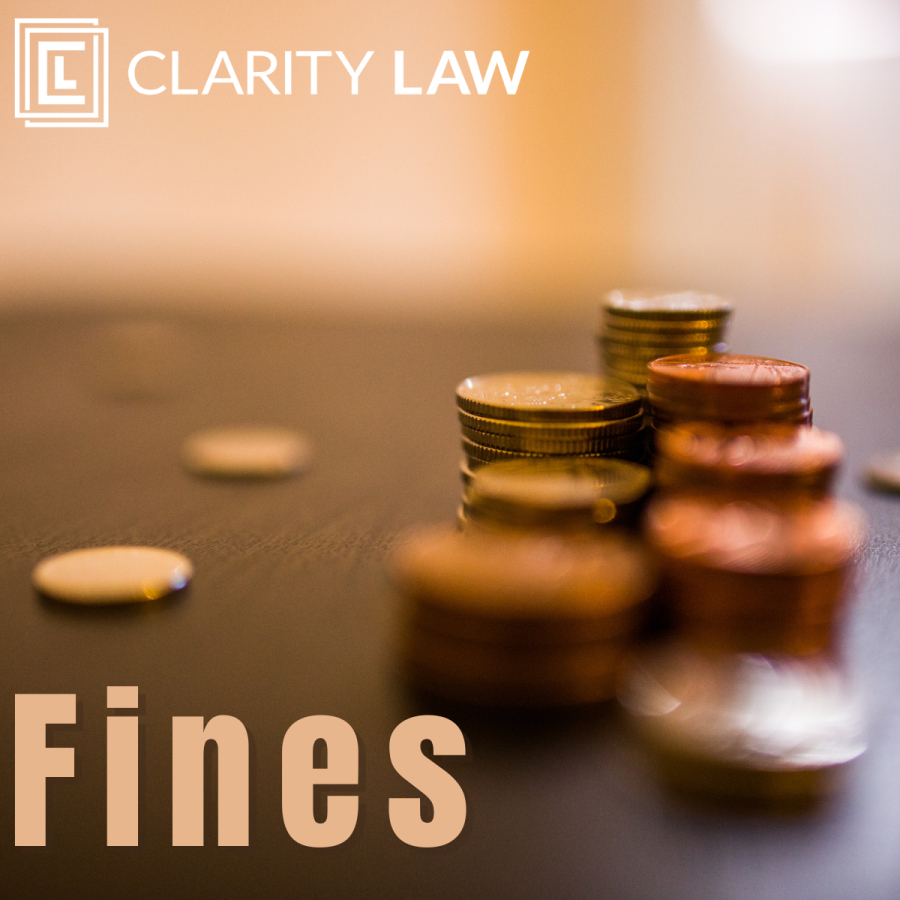Fines are the most common penalty imposed by the Queensland Courts for criminal matters. They are used to punish criminal offences, traffic offences, and regulatory breaches.
Fines can be imposed for offences as wide ranging as assault, producing drugs and possessing weapons. It all depends, like other penalties, on the circumstances of the offence, the circumstances of the defendant, and the defendant’s criminal or traffic history.
The size of the fine will depend on the how serious the court considers the offence. For example, a low range drink driving offence might attract a fine of around $350, while a corporation breaching workplace safety regulations could be fined tens of thousands of dollars.
If a court punishes you by imposing a fine and no other penalty, it has the discretion to not record a conviction.
A fine will not be appropriate for the more serious types of offences, such as drug trafficking, sexual offences, and home burglaries.
Compensation and Restitution
Compensation and Restitution function like fines, but they are for a different purpose than punishment.
Compensation is usually ordered where the defendant has committed a violent offence against someone. The compensation will be a monetary amount. Its purpose is to compensate the complainant for the personal injury suffered because of the defendant’s actions.
Restitution is ordered for the purpose of restoring the complainant to the position they were at before the offence was committed. For example, if the defendant damaged property, they may have to pay restitution according to the cost of the property damaged or the cost to repair the damage.
Offender Levy
The offender levy is separate from any fine the court may impose. It is a levy imposed for all adults who plead guilty or found guilty. The levy is meant to pay the cost of law enforcement and administration.
Ways to Pay
The most usual way for someone to pay a court-imposed fine is for it to be referred to the State Penalty Enforcement Register (“SPER”) . This is a government body separate from the courts which enforces the payment of fines. You will be able to enter into a pay arrangement to pay fines off over time, according to your financial circumstances.
There are also time-to-pay arrangements. That is where the court gives you a specific deadline by which you must pay the fine.
What happens if you don’t pay
SPER has the power to enforce the debt. In order to enforce the debt SPER might
- Suspend your drivers licence
- Take the money from your bank account
- Immobilize your motor vehicle
- Seize property







